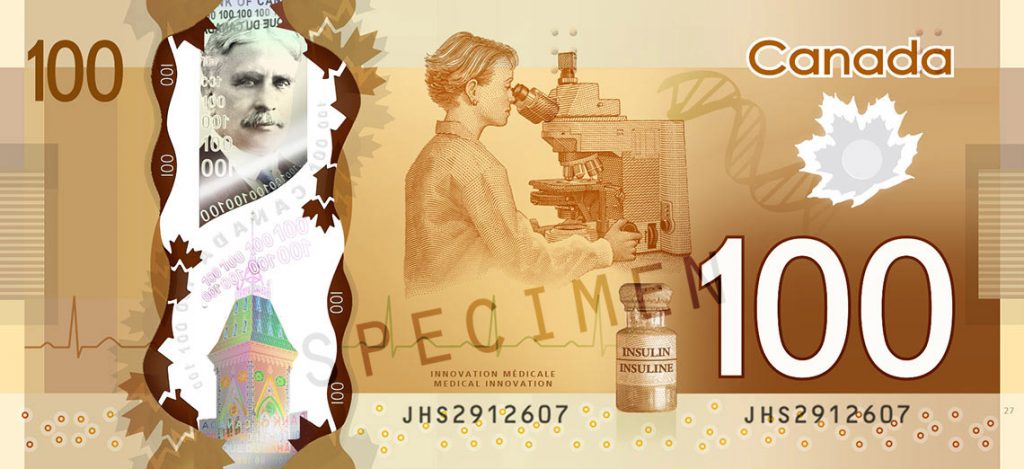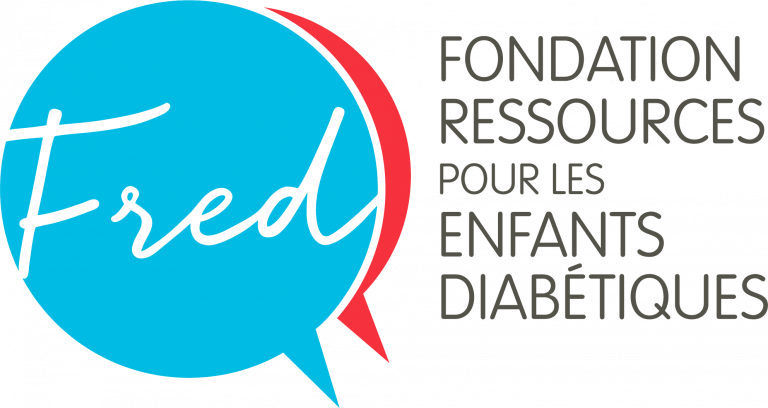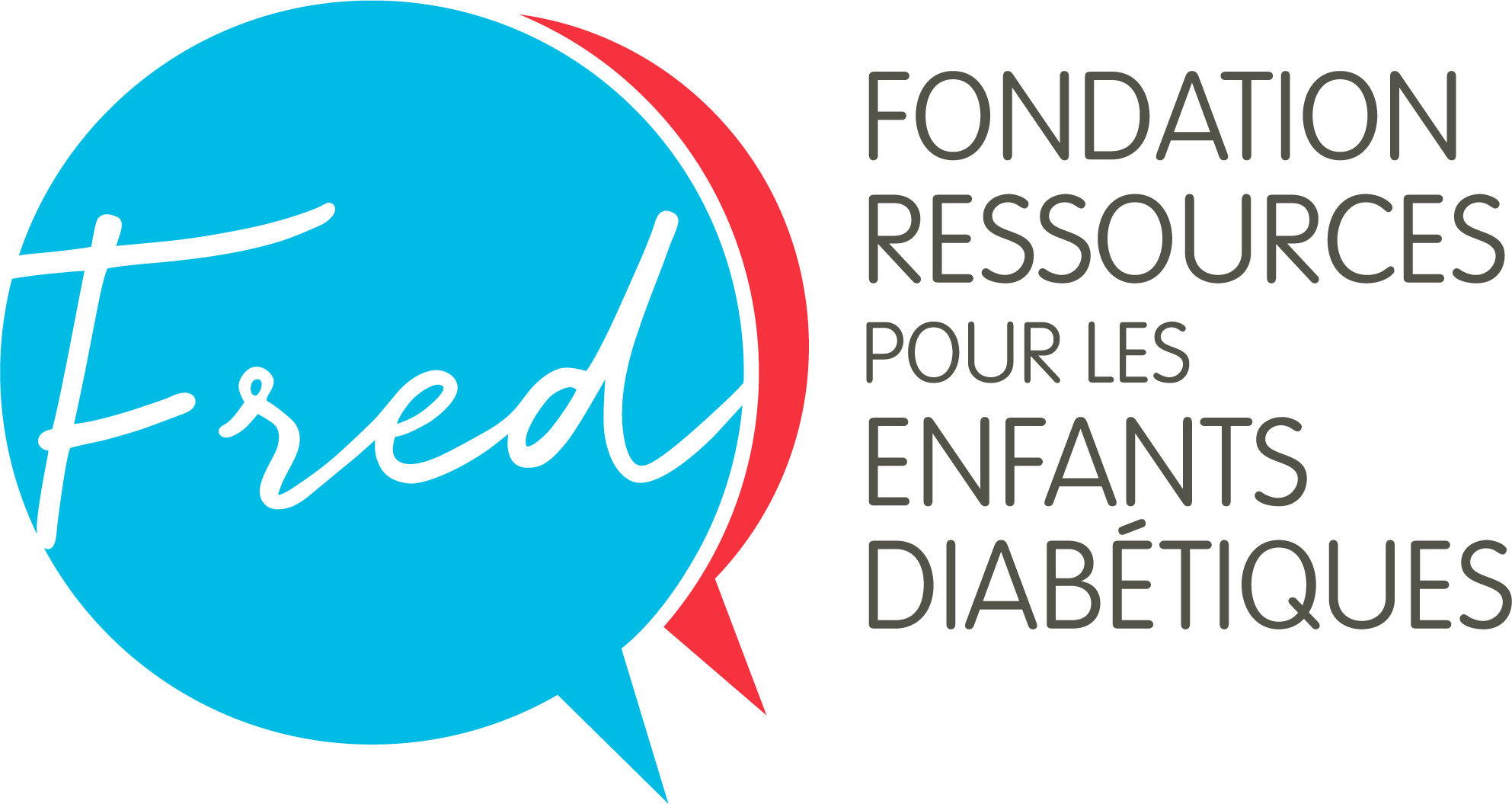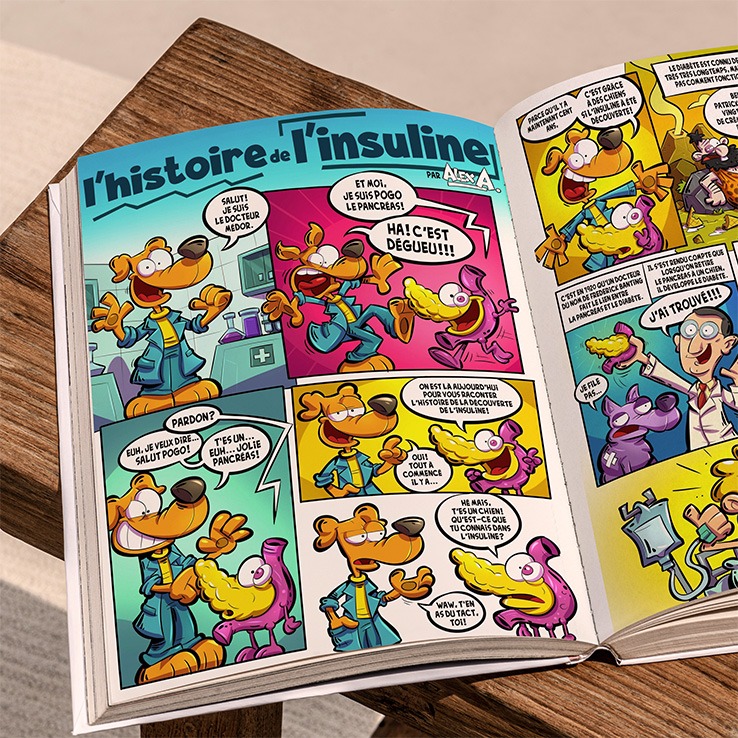Important date
100 years of insulin
in action
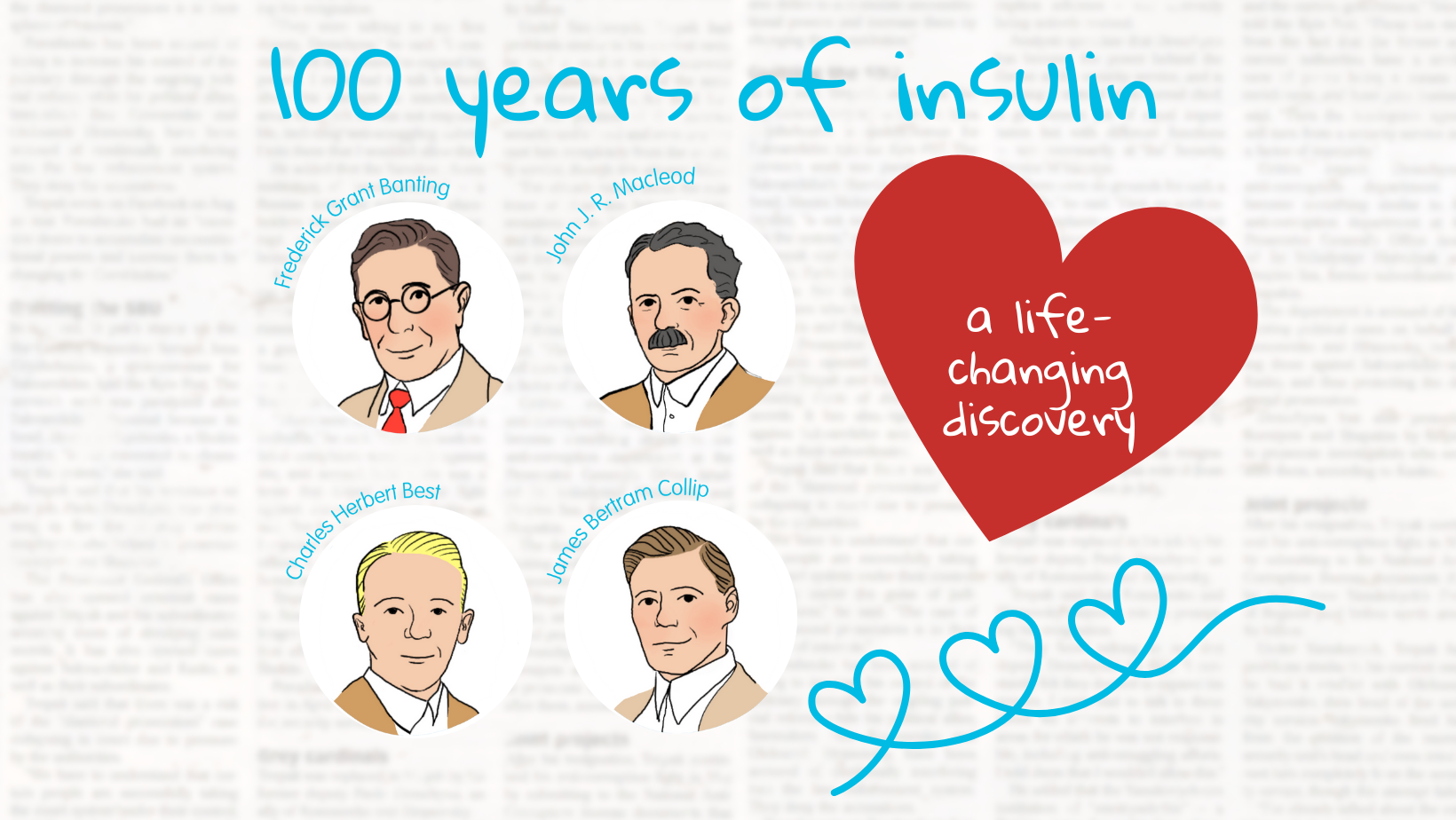
Home / Type 1 diabetes / 100 years of insulin
Once upon a time... Insulin
In the summer of 1921, Dr. Frederick Banting conducted research on the secretions of the pancreas, which he felt were important in the treatment of the disease. Since the end of the 19th century, we have known, thanks to German researchers Oskar Minkowski and Josef von Mehring, that the pancreas plays a role in the regulation of metabolism but still does not know how and what to administer to patients with diabetes in order to bring blood sugar levels back to a normal level.
Assisted by Dr. Charles Best, under the direction of physiologist John McLeod, Frederick Banting has been conducting his experiments at the University of Toronto laboratory since May 17, 1921. Banting then had the idea of ligating the pancreatic ducts of dogs in the laboratory and keep them alive in order to make the islets of Langerhans appear, then try to isolate the internal secretion of these islets. The work, although promising, was difficult, but the arrival of a talented biochemist, James Collip, quickly moved things forward. Collip improves pancreatic extracts and purifies them and researchers can already begin to test the effectiveness of the product obtained, from the beginning of 1922.
The first patient
In January 1922, Leonard Thompson, 14 years old, had developed Type 1 Diabetes and weighed only 64 pounds. The Toronto teenager seemed destined for the same premature end that befell all those affected by this the age-old condition known as diabetes mellitus, for which there was no cure.
However, rumours of a miracle treatment that could temporarily restore the metabolism are circulating.
On January 11, Leonard was at death’s door. The young boy was injected with the pancreatic extract prepared by Drs. Banting and Best—and it was a success.
In 1923, the Nobel Prize is awarded to Banting and McLeod for the discovery of insulin. Each shared the award, Banting with Best and McLeod with Collip.
